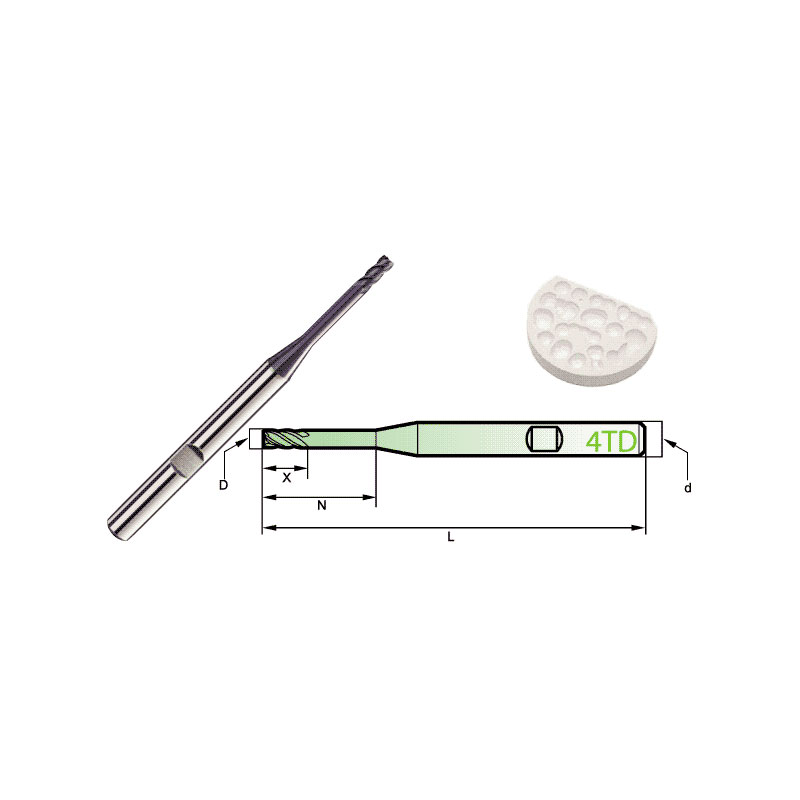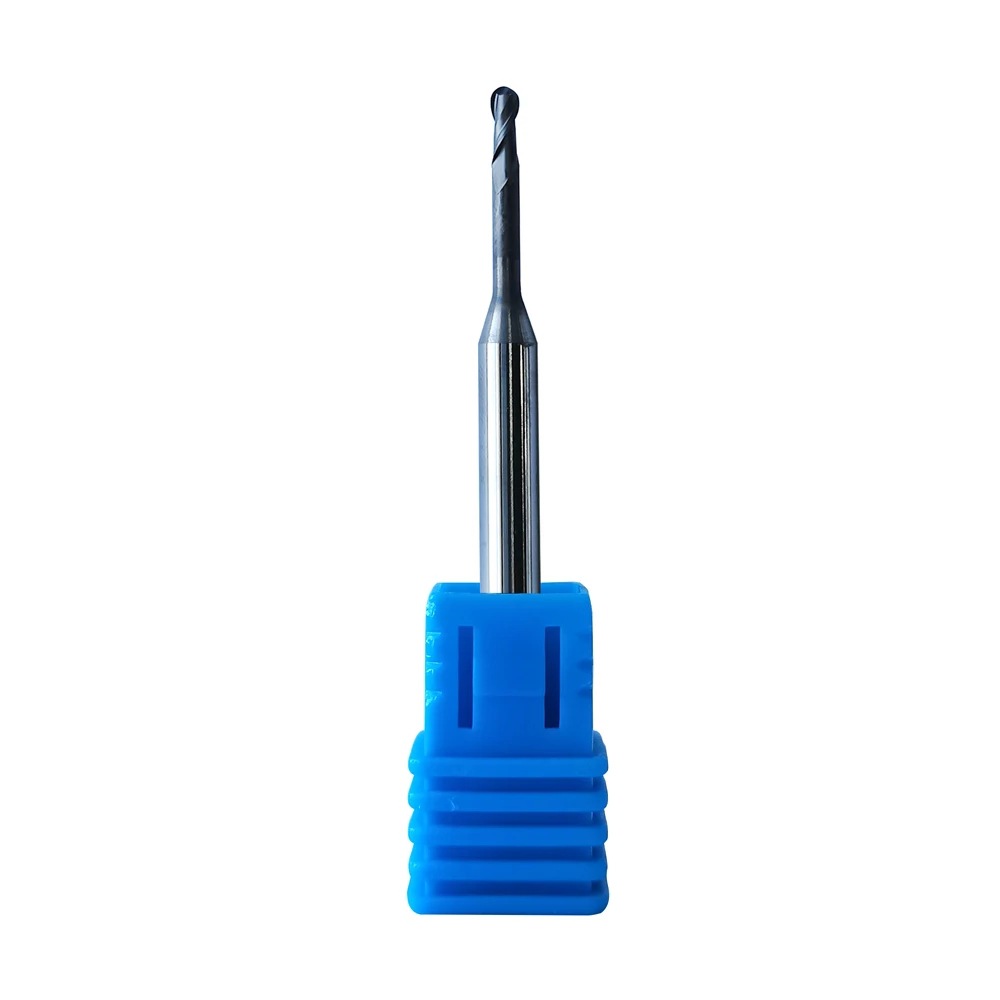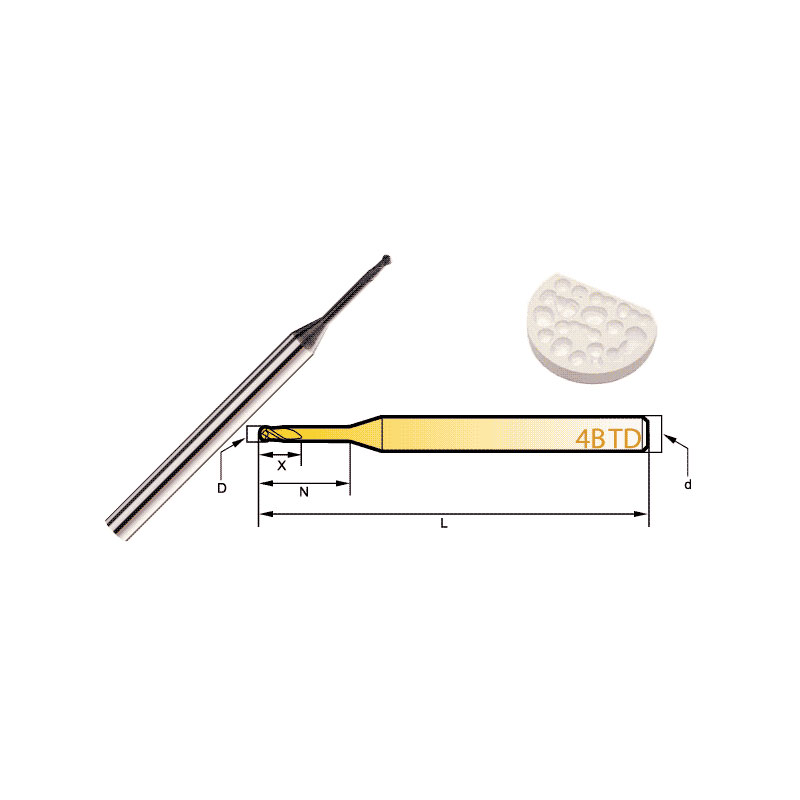Gaining admission to a dental school is an ambitious and very demanding challenge for any prospective dentist. The intense and complex requirements needed for admittance are the main culprits for the tricky nature of this educational endeavor. A few key aspects contribute to the stout barrier of attaining entry in a dental school.
With a limited number of openings and applicants in abundance, the process of being accepted to dental school is immensely competitive. Therefore, to be one of the chosen few, it is paramount that prospective students have a solid academic history, positive references, and an exceptional Dental Admission Test (DAT) score.
Affording dental school can prove near-daunting for the majority of applicants due to its compounded cost. Tuition alone is taxing on a budget, not to mention the amplifying impact of additional expenses such as textbooks, necessary materials, and other incidental fees. Together these various investments can quickly accumulate and be difficult to reconcile for applicants.
To attain admission into a graduate degree program in dentistry, hopeful students must engage in a robust academic endeavor comprised of lectures, laboratory studies, and clinical rotations. The ultimate intent? To provide these candidates with well-rounded preparation for potential success in the field. Such clinical rotations are particularly essential as they offer students practical opportunities to be exposed to hospital settings wherein they can interact with live patients, therefore sharpening the acumen requisite for top-notch dental care.
Achieving acceptance into dental school is no easy feat, due to the intense financial cost and extended education timeline. It takes a considerable investment of both time and resources to make a successful application, and further dedication during the studies. Undoubtedly, it can be an utterly daunting concept. Yet for those willing to commit themselves, they open up a wealth of professional prospects. Thus, that acting upon the old adage ‘knowledge is power’ yields substantial rewards when considering one’s aspirations for dental school. One must thoroughly research the perceived limitations and dedicate oneself to the challenge; if done accordingly, one can then undertake a career in dentistry with confidence and purpose.
To those ready for the challenge, enrollment in dental school can be an incredibly rewarding undertaking. During its duration, students must train to pass difficult courses and exacting exams with long nightly hours of study. It can be quite a trial for those who attempt it, but those who persist and endure will ultimately find the journey to becoming a dentist highly beneficial.
To acquire the skills befitting an accomplished dentist, dental school immerses students in the interconnected worlds of art, science and medicine. Not only must students become adept in anatomy, physiology, pathology, pharmacology and radiography, but they must also demonstrate their mastery of oral procedures that diagnose and treat diseases as well as their command of the materials used to restore and protect dental health.
Dental school coursework is tailored to prepare students for professional practice by guiding them through the core fundamentals. General classes include anatomy, microbiology, pharmacology, and clinical dentistry, with elective options opening up to provide extra insight on topics like orthodontics, endodontics, periodontics, and oral surgery.
To prove their mastery of dental sciences, students must take and pass several intense exams, including the National Board of Dental Examiners (NBDE) Part I and II, the Dental Admission Test (DAT), and the American Board of Prosthodontics (ABP) Examination. The NBDE Part I is a multiple-choice assessment that gauges knowledge in anatomy, physiology, microbiology, and pathology. NBDE Part II, on the other hand, tests abilities in a clinical setting. As for the DAT, it evaluates a student’s understanding of general science, math, biological sciences and physical sciences. Lastly, the ABP Evaluation is a combined written and practical evaluation that evaluates expertise and proficiency in prosthodontics.
A crucial part of dental coursework is the clinical rotations, which give students the opportunity to put their recently acquired knowledge and skills into practice by treating real patients. These invaluable experiences prepare students for the responsibilities they must take on when they become professional dentists.
The long and tough road of dental school can seem impassable, but with enough tenacity it leads to gratifying rewards. Those who work their hardest through study, tests, and practice are destined to embark on an incredibly fulfilling career. An expansive knowledge of dentistry’s scientific and artistic elements equips students to administer superior care for their individuals. Though it can seem intimidating, a hearty commitment to the task at hand will lead to a positive dental school journey.
Related Product

Dental CAD/CAM Milling Burs
Product Information Origin Tianjing, China Material Stainless Steel Brand MSK Applicable Machine Tools A Variety Of Options Custom Processing Yes Whether To Coat No Is It a […]

HP Deburring Carbide Burs
Product Information Brand MSK Material Tungsten Steel Model Grinding Head Custom Processing Yes Feature: The dental grinding head is made of tungsten steel with stabl […]

Diamond Coating Round Diamond Cutters
Product Information Origin Tianjing, China Series U Series Brand MSK Cutting Edge Form Helical Structure Ball Diameter (Mm) 3 Material Carbide Minimum Cutting Diameter At Th […]

Carbide Roland CAD/CAM Burs
Product Information Origin Tianjing, China Brand MSK Number Of Blades 4 Product Name Dental Special 4-Blade End Mill Model D Number Of Blades Z X N L d 4TD2060HB 2 4 […]

Supply Roland DLC Zirconia Burs
Product Information Origin Tianjing, China Series Dental Bur Brand MSK Cutting Edge Form 2 Blade/3 Blade Ball Diameter (Mm) 0.6, 1, 2 Material Very Fine Grained Cemented Car […]

Step Bur Milling Bur Grinder for Glass Cerami
Product Information Origin Tianjing, China Shank Diameter 1.8 (mm) Brand MSK Scope Of Application CEREC3 Grinding Equipment Material Stainless Steel/Carbide Main Sales Areas […]

Diamond Bur Ball Round
Product Information Product Name Dental 4-Flute Ball End Mill Brand MSK Model D Number Of BladesZ X N L d 4BTD2060 2 4 6 6 50 3 4BTD2010 2 4 6 10 50 3 4BTD2016 2 4 6 […]
Post time: 2023-07-16
